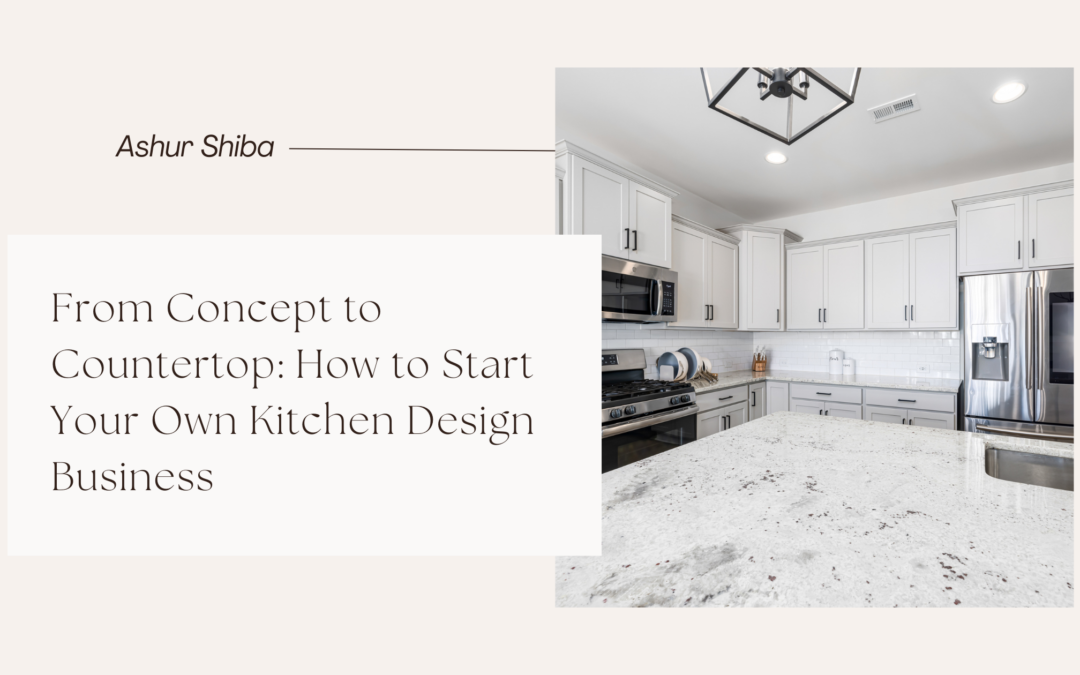Starting your own kitchen design business can be a fulfilling and lucrative venture, combining creativity with entrepreneurship. This guide will walk you through the essential steps to turn your vision into a successful enterprise.
- Develop Your Business Plan
The first step in launching any business is to craft a comprehensive business plan. This document should outline your business goals, target market, competitive analysis, financial projections, and marketing strategies. Clearly define your niche—whether it’s luxury kitchen designs, eco-friendly solutions, or budget-friendly makeovers.
- Gain the Necessary Skills and Certifications
Having a background in interior design, architecture, or a related field is advantageous. If you’re new to the industry, consider enrolling in kitchen design courses or obtaining certifications from recognized institutions. These credentials will not only enhance your skills but also boost your credibility with clients.
- Understand Your Market
Conduct thorough market research to identify your potential customers and understand their needs. Analyze competitors in your area to pinpoint gaps in the market that you can fill. This knowledge will help you tailor your services and marketing efforts effectively.
- Build a Portfolio
A compelling portfolio is crucial for showcasing your design expertise. If you’re just starting, consider working on smaller projects or offering services at a discounted rate to build your portfolio. High-quality photos of your work, along with detailed descriptions, will attract potential clients.
- Set Up Your Business Operations
Register your business, obtain the necessary licenses, and set up your financial systems. Choose a business structure (sole proprietorship, LLC, etc.) that suits your needs. Invest in project management and design software to streamline your workflow.
- Create a Strong Online Presence
In today’s digital age, having a professional website and active social media profiles is essential. Your website should feature your portfolio, client testimonials, contact information, and a blog to share design tips. Utilize social media platforms to engage with your audience and showcase your latest projects.
- Network and Collaborate
Building relationships with suppliers, contractors, and real estate agents can lead to valuable partnerships and referrals. Attend industry events, join local business groups, and participate in trade shows to expand your network.
- Focus on Customer Service
Exceptional customer service can set you apart from competitors. Communicate clearly, listen to your client’s needs, and deliver on your promises. Happy clients are more likely to refer your services to others.

